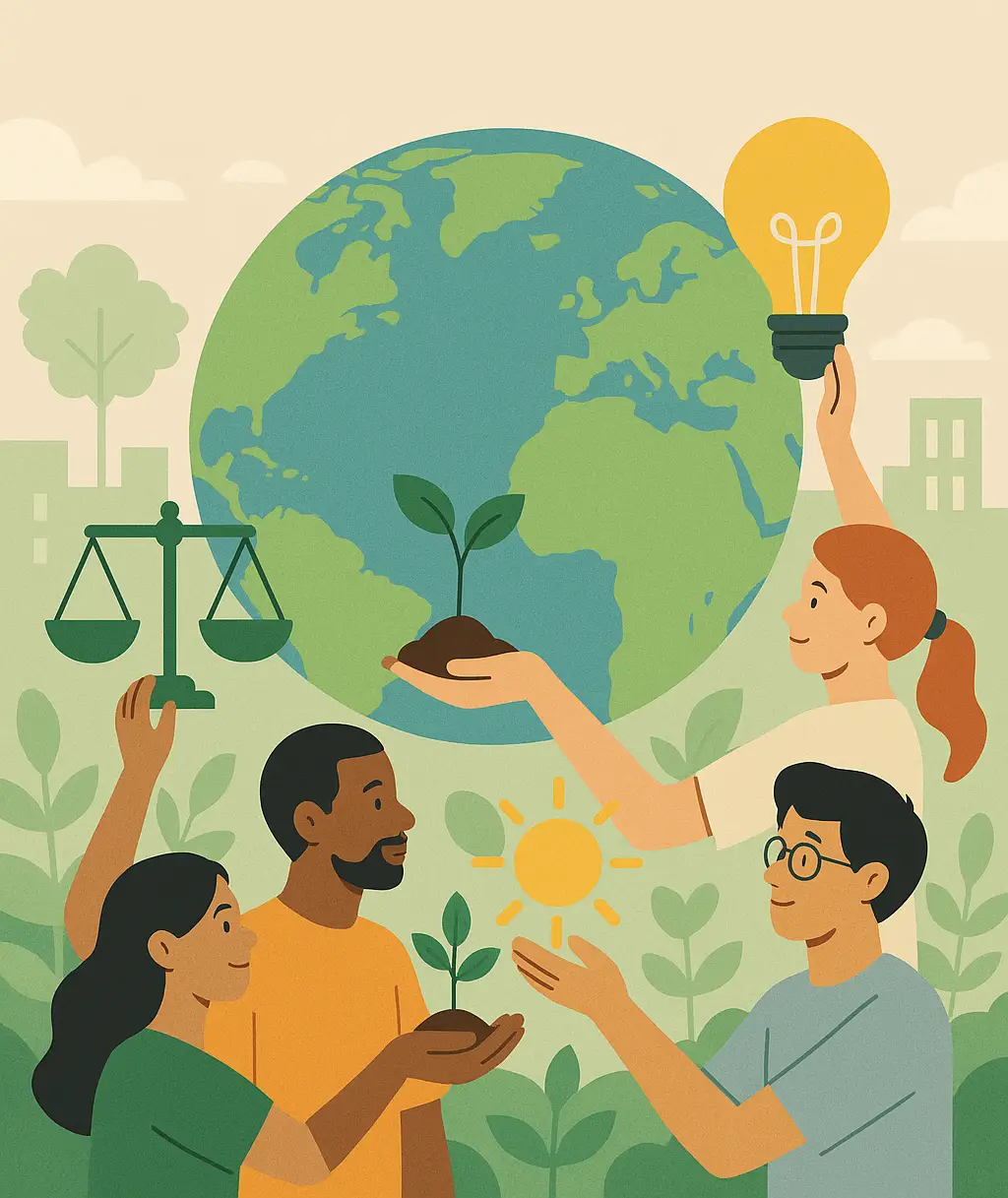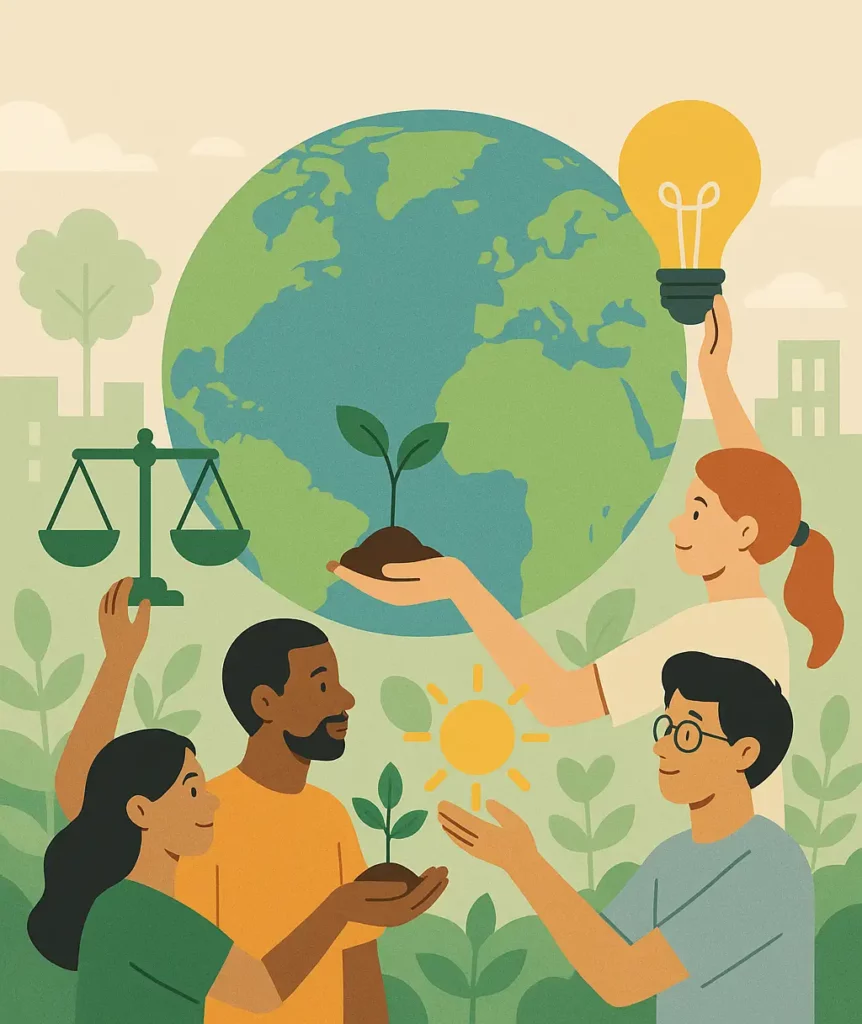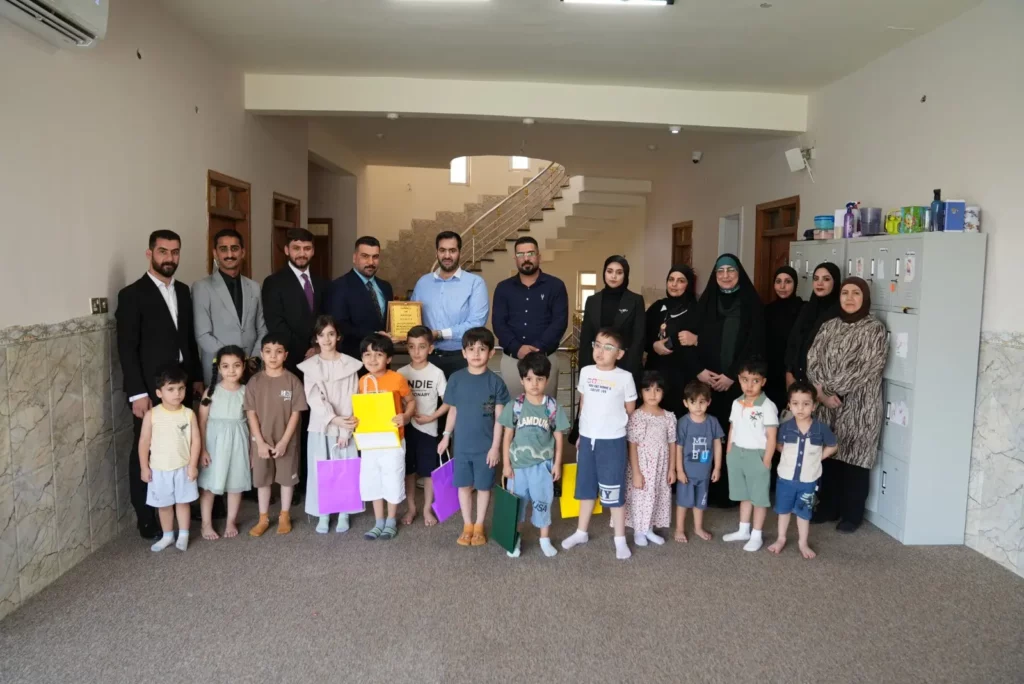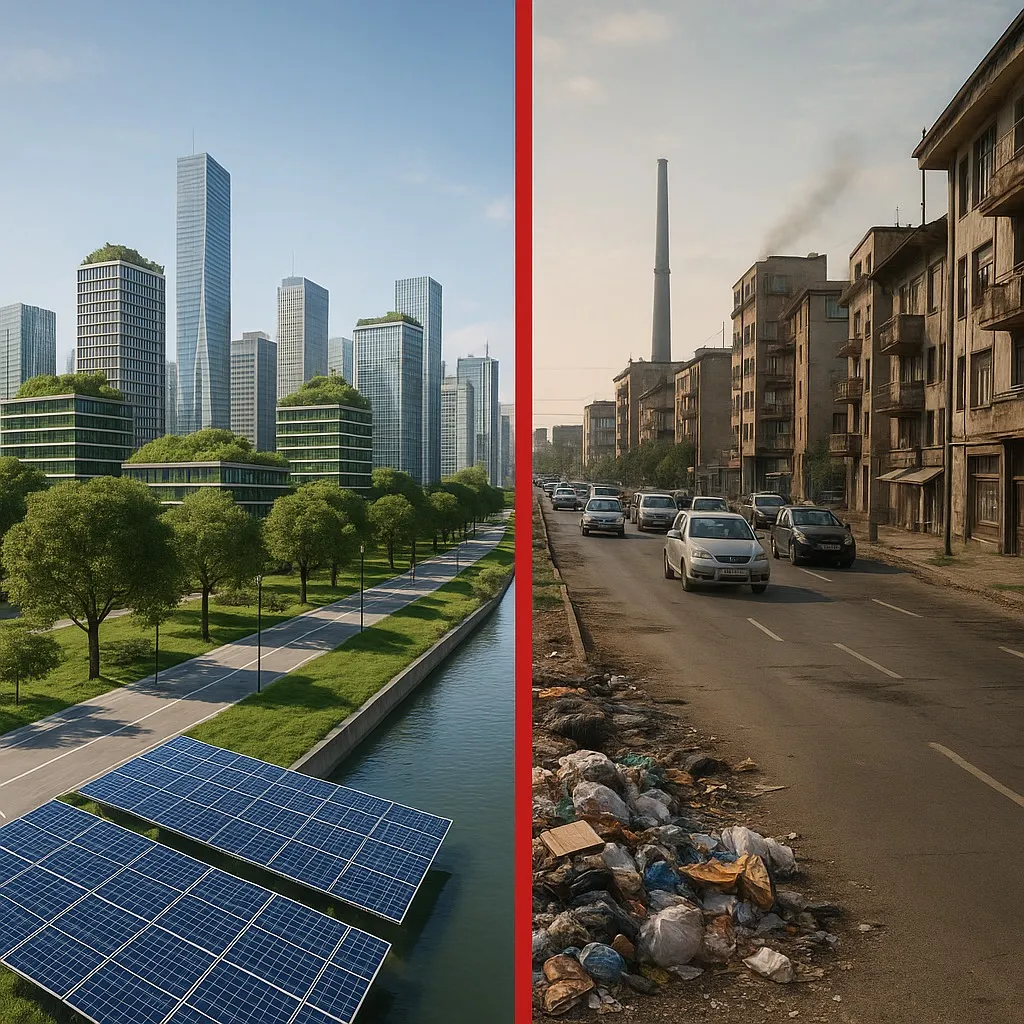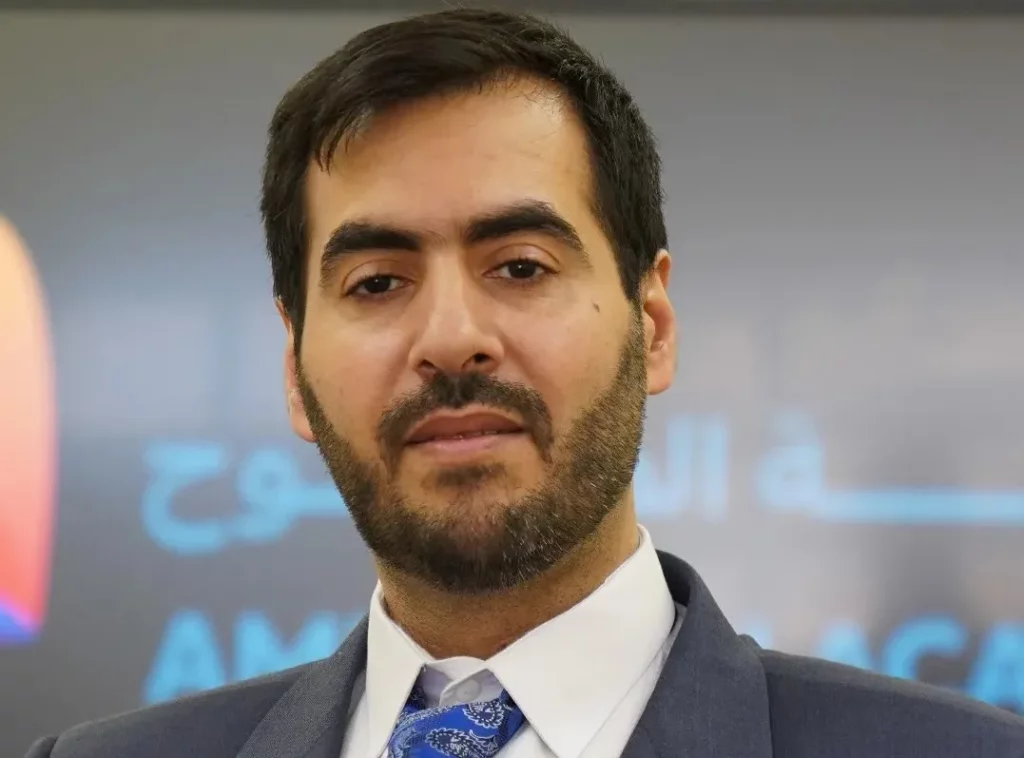Dr. Mohammed Ali Salman
Editor-in-Chief of Light of Hope News Agency
At a time when environmental, economic, and social crises converge with increasing urgency, sustainable development is no longer a luxury or a deferred aspiration — it has become an essential path toward a secure and balanced future. Yet, this path cannot be paved by governments alone. It demands the conscious mobilization of society, where civil society emerges as the cornerstone of genuine, impactful development.
Civil society — through local organizations, grassroots movements, and citizen initiatives — is not a secondary actor in this journey. It is the dynamic force capable of transforming blueprints into reality, and global goals into tangible changes in people’s lives. With its direct connection to communities, agility in action, and sincerity born from the ground rather than from conference halls, civil society holds the key to sustainable progress.
The importance of this partnership becomes even more evident when we understand that sustainable development is not merely a cluster of economic or environmental projects. It is a holistic vision that touches every aspect of daily life — from access to clean water and breathable air, to decent jobs, inclusive education, healthcare, and safe, green public spaces.
In this context, global success stories offer compelling evidence of how sustainable development can significantly improve the quality of life:
🔹 Costa Rica – A small Central American nation that made a bold choice: to build its future on green foundations. With over 98% of its electricity coming from renewable sources, robust forest conservation policies, and strong investment in education and healthcare, Costa Rica has become a model of environmental sustainability and human wellbeing. Today, its citizens enjoy both ecological stability and high levels of happiness.
🔹 Sweden – A global leader in sustainability, Sweden has gone beyond legal frameworks to adopt a culture of sustainable living. Through continuous investment in clean transportation, renewable energy, and comprehensive recycling, Swedish cities consistently rank among the top globally for quality of life, low emissions, and inclusive public services.
Though different in context, both examples share a unifying truth: sustainable development thrives when political will aligns with grassroots action.
In Iraq — where challenges such as desertification, water scarcity, and social disparities coexist with a renewed drive for reconstruction — empowering civil society to lead green initiatives, environmental oversight, and community education is not an optional supplement; it is an urgent developmental necessity.
The time has come to transform the Sustainable Development Goals from policy papers into lived realities in Iraqi homes, schools, farms, and hospitals.
Iraq possesses the potential — it only needs trust and coordinated action.
With institutional support and space for expression, civil society can become the true engine of a greener, fairer, and more prosperous Iraq — a future worthy of its people’s sacrifices and its youth’s ambitions.


